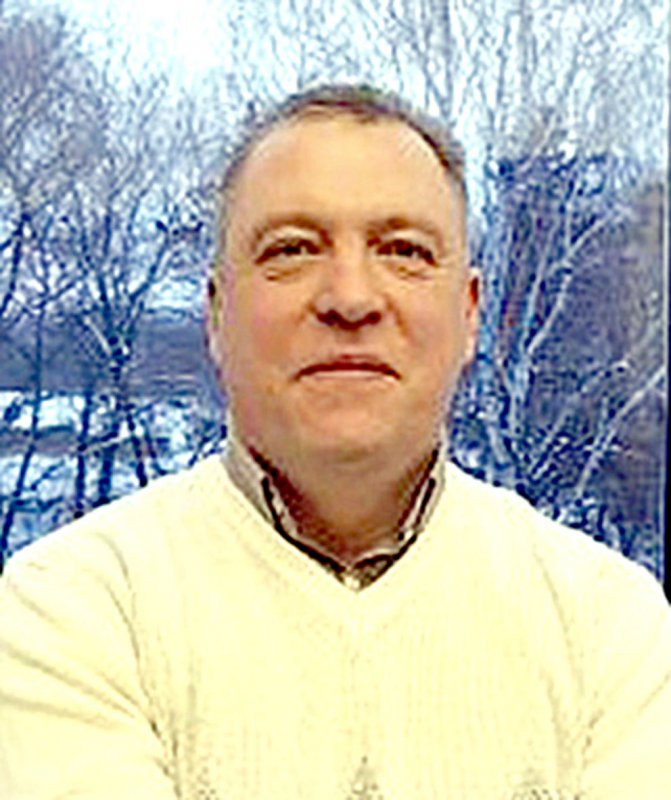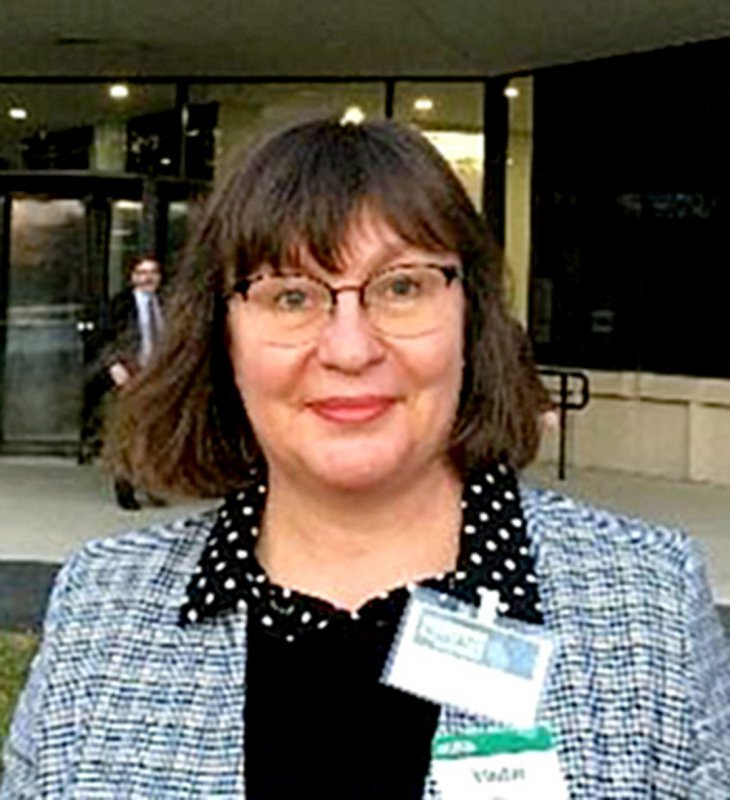The Department of Mathematical Modelling and Data Analysis of the Educational and Research Institute of Physics and Technology is proud of professors Nataliia Kussul and Andrii Shelestov included in the open database of the world's most cited scientists.
This database was created by Stanford University based on a standardized methodology that takes into account various citation indexes, the influence of scientific journals where the works are published, and even the serial number of the author in the publication.

At the same time, the ratings are determined without taking into account self-citation. In the database, indicators are calculated separately for the entire scientific career of a scientist and separately for one last year. Scientists are classified according to 22 scientific fields and 176 subfields.
Professor Nataliia Kussul is included in the list of 92 most cited scientists of Ukraine throughout their career. According to the database, her main scientific direction is "Artificial intelligence and image processing". But the list of the most cited scientists over the past year is wider, and Professor Andrii Shelestov is also included in it among 108 Ukrainian scientists. His scientific direction is also defined as "Artificial intelligence and image processing".
According to Stanford University, among the 92 most cited throughout the career of Ukrainian scientists, there are only two representatives of Igor Sikorsky Kyiv Polytechnic Institute (Prof. V.M. Loktev and Prof. N.M. Kussul), and among the 108 most cited Ukrainian scientists over the past year, there are six scientists from our university. (List of the best Ukrainian scientists for their entire career; List of the best Ukrainian scientists for one year).

For comparison, each of the rating lists includes about 200,000 scientists from all over the world. Among them there are only about 100 scientists who have worked or are working in Ukraine during their careers, and more than 400 scientists from the University of Maryland (UMD) alone, with which the department cooperates. We are proud that Professor Serhii Skakun, a graduate of Educational and Research Institute of Physics and Technology, was among the most cited scientists of UMD last year.
What fundamental and applied research contributed to such results? Nataliia Kussul, the head of the Department of Mathematical Modeling and Data Analysis, informed that the department has been in existence for only a year. "Our field of research is applied tasks of artificial intelligence based on satellite data," she says. "This field has been actively developing since 2015, when large volumes of satellite data became freely available, and is called 'geospatial intelligence.'" Our research in this field is supported by the National Research Foundation of Ukraine and international programs, in particular Horizon Europe.This topic is also the focus of the German-Ukrainian Center of Excellence for AI-aided Big Data Analysis and Transport Infrastructures AIDA&TI (https://aidati.org/), which won the first stage of the competition of the German Ministry of Education and is making strategy and development program now ". And she explains: "Many useful things can be analyzed with the help of satellites. For example, damage from war: for agriculture, ecology, etc." And she talked about the reserve "Emerald Network" in the Luhansk region, which is protected by UNESCO. Currently, part of it has entered the war zone. It is significant that the forest area in the territory controlled by Ukraine has been preserved and is being restored, while the trees in the occupied territory have been completely destroyed. "There are so few forests," laments the scientist, "they are absolutely necessary, but we are witnessing their destruction."
Another example: international agencies provide all kinds of assistance to Ukrainian farmers who suffered from the war. And it is the satellite information that confirms or refutes what the owners declared: how this or that farm field was cultivated, whether it was in the war zone, what damages it suffered.
"Thanks to our recognition technologies, we can provide such information," Nataliia Mykolaivna continues. - First, we train the neural network to recognize what exactly grows on the site, and then we analyze how certain plants develop, according to the models. This year, it can be seen that many fields did not receive fertilizers, that is, agricultural crops grow more slowly and worse." And with noticeable sadness she adds: "Earlier, we were engaged in more peaceful affairs, building models of sustainable development of agriculture and urban areas, that is, we brought intellectual models into our modern life".
When asked what qualities an effective scientist should possess, the professor answered: "Believe in yourself, develop, be ambitious. If you set ambitious goals for yourself, you will achieve them. But it is important to understand that this is a lot of work." Her students are the same: motivated young people who deeply studied mathematics, physics and a foreign language at school. It is not easy for them to study in junior courses. But then they can successfully earn a living with their own mind and realize themselves. And we will not tire of popularizing successful scientists and their achievements.
